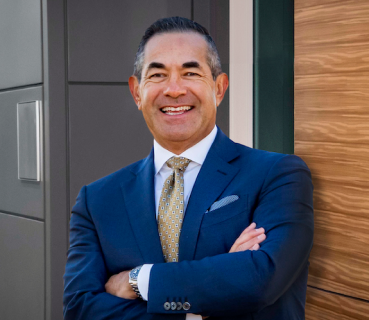Relevant Contents
Need Tailored Business Continuity Insights?
Contact Us Now for Personalized Guidance!
The “Human Factor” stands as the most critical and variable element in the effectiveness of your Business Continuity Planning (BCP) program. Despite the presence of meticulously crafted plans, strategies, and multiple backup options, the core determinant of success boils down to the individuals involved and their inherent traits. Human beings come with their own set of biases, beliefs, a certain degree of self-interest, and a desire for control. Also prevalent are fears of failure in front of colleagues or apprehension about possible repercussions.
These diverse forms of stress can significantly influence the decision-making process. The misconception that one must resolve every problem single-handedly, without seeking collaborative efforts, can pave the way for less than optimal outcomes. Understanding the distinct personalities within the team and how they interrelate can substantially elevate the quality of your BCP program. Here, targeted training becomes essential.
Considerations must be made for the range of factors each individual on a crisis management team carries, which includes:
- Decision-Making Styles
- Conflict Resolution Preferences
- Educational Backgrounds
- Family History
- Levels of Narcissism
It’s imperative that key members of the crisis management team are chosen for their proven capability and execution strength, not merely for their seniority or designated role within the organization. Be wary of tendencies towards dominance without collaboration, as well as signs of infighting, indecision, or other counterproductive behaviors. People’s reactions to pressure vary—while some excel, others may falter. Leadership perceptions also significantly influence team dynamics, either boosting morale or causing dissent.
To forge a resilient, highly functional team capable of withstanding the pressures of a crisis, it is beneficial to implement diverse strategies—for instance, alternating team compositions, rotating leadership roles, pairing primary members with their alternates, and engaging in team-building activities. Such measures promote cohesion, flexibility, and an overall readiness to effectively manage crises.

Michael Herrera
Michael Herrera is the Chief Executive Officer (CEO) of MHA. In his role, Michael provides global leadership to the entire set of industry practices and horizontal capabilities within MHA. Under his leadership, MHA has become a leading provider of Business Continuity and Disaster Recovery services to organizations on a global level. He is also the founder of BCMMETRICS, a leading cloud based tool designed to assess business continuity compliance and residual risk. Michael is a well-known and sought after speaker on Business Continuity issues at local and national contingency planner chapter meetings and conferences. Prior to founding MHA, he was a Regional VP for Bank of America, where he was responsible for Business Continuity across the southwest region.


